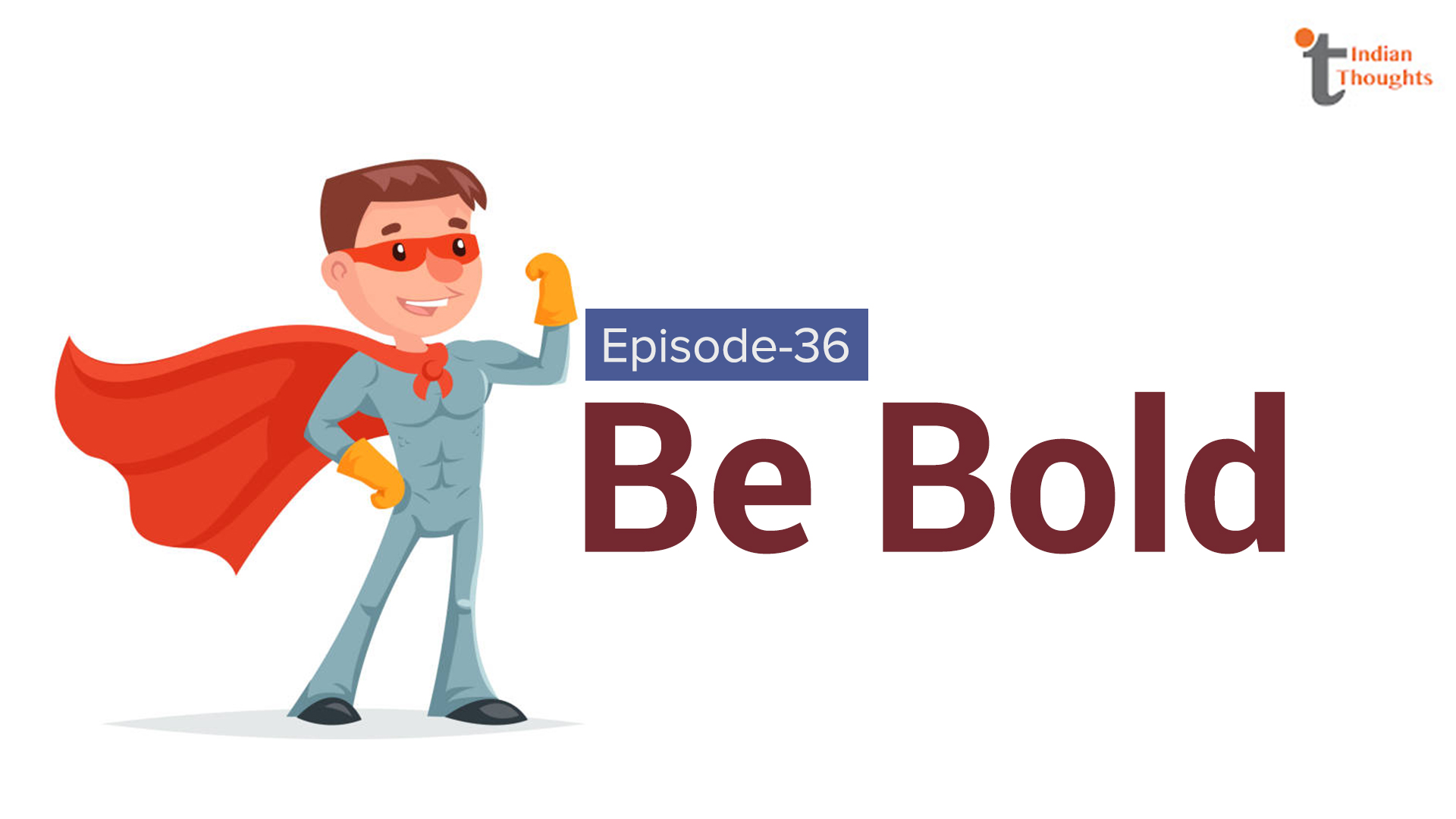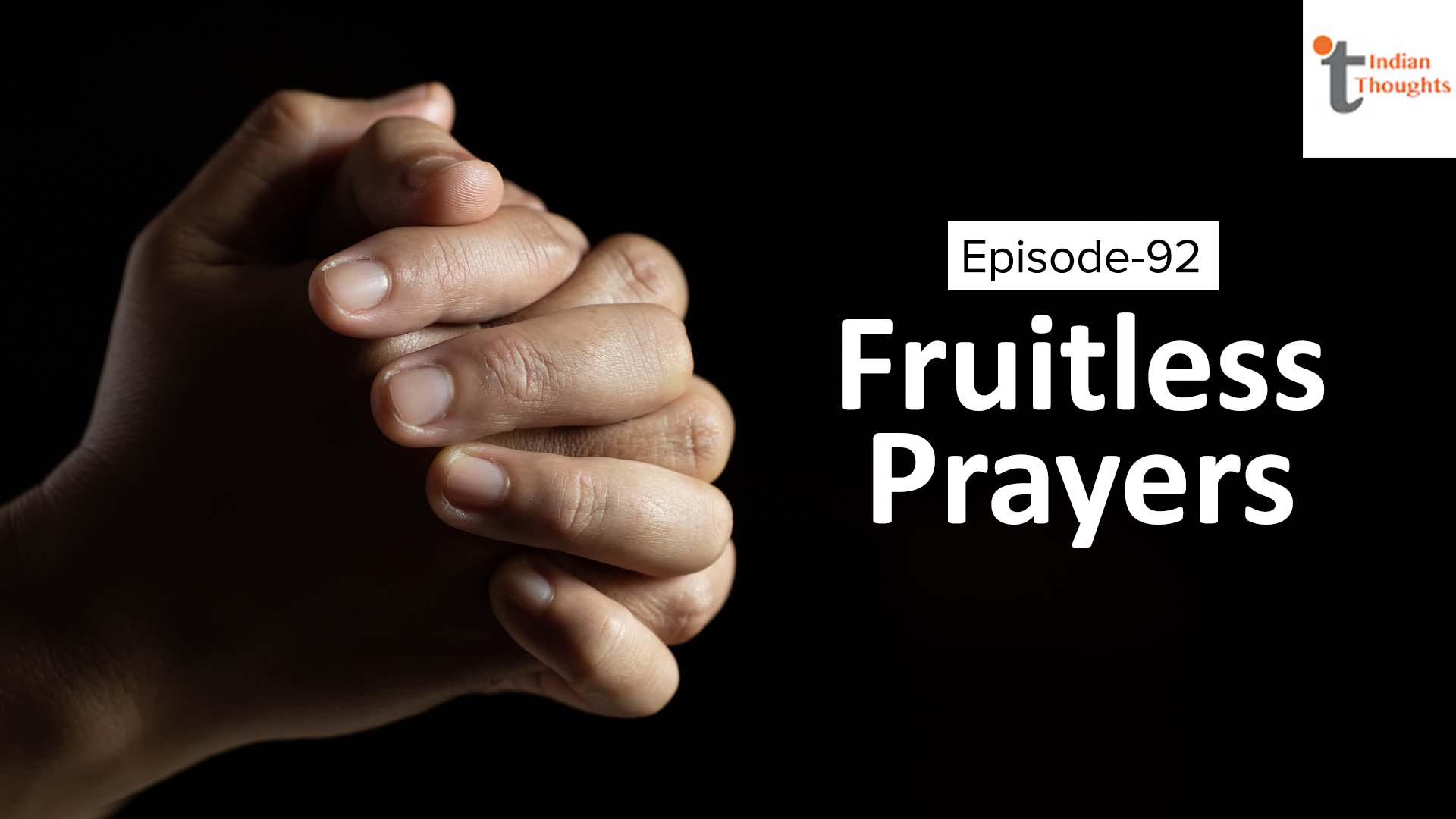Democracy could be the best form of government. But it also does not let everybody freely stand up to say ‘no’, especially to authorities in higher offices. During India’s independence days in 1947, Prime Minister – designate, Jawaharlal Nehru, in a meeting of top officers from the Forces, shared his views on the structure of the army. Nehru suggested that Indian army seniors being inexperienced, let there be a British officer in control, for a while. From among the participants, a senior army officer stood up and politely asked, “Sir, Will you please let me share my views.”
Everybody looked at his face. It was Nehru, who was more surprised. He was sure that this man did not like that idea. Nehru’s intention was taking a formal consent for his plans. Also, it was a time when Nehru hadn’t enough space to think about assimilations on a perfectly democratic style. However, Nehru agreed to hear him. What he said really shook everybody there. His view was that since all Indians are also inexperienced in State administration, why should not the first Prime minister also be a British person for a while. Nehru understood what the officer really meant. The decision was soon reversed and India got an Indian Army Chief. It was because of the bold stand of an officer with the right answer.
In a biographical sketch ‘Major General A. A’ written by D K Palit, there is the story of Lt General Sir Robert Lockhart, the first commander in chief of India, going to meet Prime Minister Nehru with some recommendations for India’s military policy. It is said that Nehru blew his top saying, “Rubbish!” He was well in the spirit of ahimsa and peace. The book said that unless there was the Kashmir war, Indian army would have continued without a concrete policy. Knowing Nehru well and considering the security of the Nation, Robert Lockhart had hidden some of the developments in Kashmir, confidential to top officers only.
Field Marshal Manekshaw, was one of the greatest war heroes and military leaders of India. He also was a bold officer like Lockhart. He dared to say ‘yes’ and ‘no’ as he found fit. When the then Prime Minister Indira Gandhi asked him for a war against Pakistan, he said no but requested enough time and permission to prepare a perfect game plan. That was granted and on 1971 December 6th, he opened the war and on December 16 th Bangladesh was liberated. The war ended with the surrender of Pakistan military forces. Till date, it continues to be the largest surrender of soldiers, since the Second World War.
Daring to speak boldly and live boldly are divine . Once was a wise sage in the country. One day, as he was passing through a village, he was approached by a woman, who prayed him to heal her sick child. The sage came to the house. A few villagers also had gathered around him. The sage approached the child and began to chant some mantras.
“Do you really think your prayer will help her, when medicine has failed?” yelled a man from the crowd.
“You know nothing of such things! You are a stupid fool!” said the sage to the man.
The man became very angry with these words and his face grew hot and red. He was about to say something, or perhaps strike out, when the sage walked over to him and said,
“If one word has such power as to make you so angry and hot, may not another have the power to heal?” And thus, the sage healed two people that day.



















